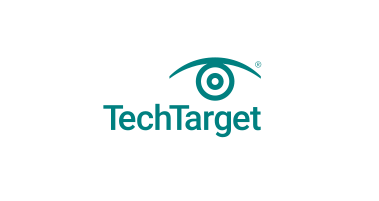Hardware as a Service (HaaS) is a procurement model similar to leasing or licensing where hardware belonging to a managed service provider (MSP) is installed at the customer’s site with defined responsibilities outlined in a service level agreement (SLA). Clients may pay a monthly fee for hardware usage or have it included in their MSP’s fee structure for installation, monitoring, and maintenance. If hardware malfunctions or becomes outdated, the MSP is responsible for replacing it. Decommissioning may involve wiping data, destroying hard drives, and ensuring legal recycling of old equipment as per the SLA terms.
HaaS provides a cost-effective way for small to mid-sized businesses to have access to up-to-date hardware without significant upfront costs, differentiating it from infrastructure as a service and managed hosting where the hardware is housed on the MSP’s site. In the context of grid computing, HaaS allows for pay-as-you-go access to a provider’s infrastructure and CPU power.
MSPs offer benefits such as reduced technology costs and insight into future trends, making the HaaS model appealing to organizations. HaaS providers charge for infrastructure usage, relieving businesses from ongoing maintenance responsibilities and providing access to the latest technology. Extra services like installation, training, monitoring, and support enhance the hardware’s value and functionality. HaaS benefits include cost savings, equipment updates, maintenance, scalability, security enhancements, and environmental sustainability.
However, HaaS also poses challenges like coordination among various teams, sales complexities, asset management issues, financing complications, service disruptions, contract complexities, and data security risks. Examples of HaaS applications include fleet management, restaurants, office equipment, and security systems.
HaaS enhances security measures, simplifies compliance, and shifts responsibility for maintaining security standards from customers to providers. Providers must adhere to regulatory compliance standards, ensuring data security and streamlining the compliance process. Advanced security measures like encryption and multifactor authentication are part of HaaS security frameworks.









